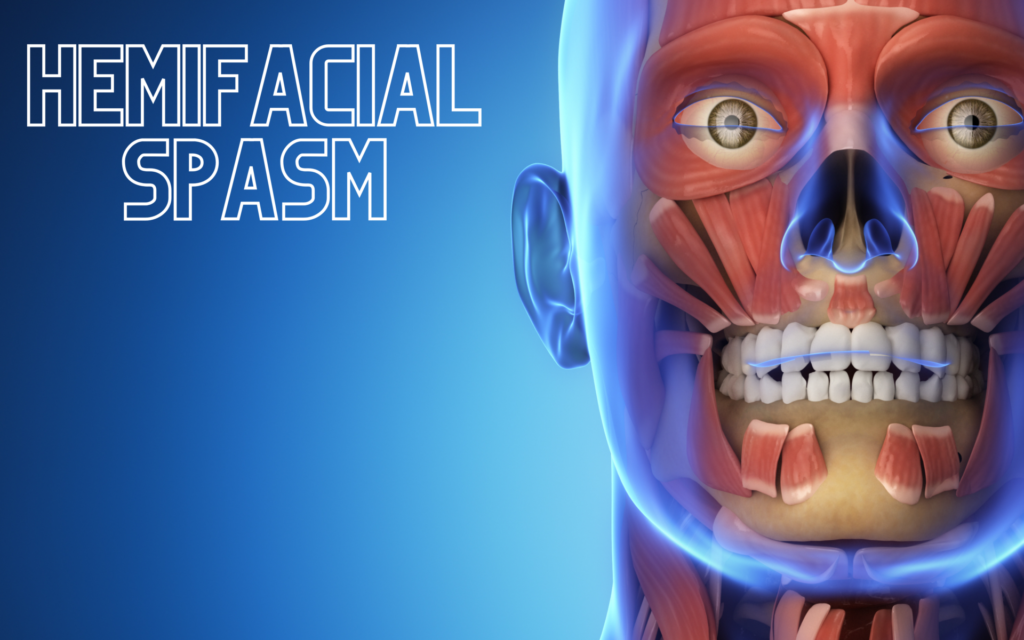
Hemifacial spasm is a neurological condition that affects the nervous system. People with a hemifacial spasm will experience involuntary twitch down one side of the face. This is an extremely rare condition, affecting only around 4,000 in the UK. Hemifacial spasms are slightly more common in females, however, they do affect men. This condition usually affects middle-aged people.
The cause can be linked to a blood vessel touching a facial nerve; however, it can also be linked to a facial nerve injury or tumor, or in some cases, the cause may remain unknown. Hemifacial spasms are not related to genes, so it is unlikely that they will be passed down in families.
To diagnose hemifacial spasms your doctor will start by doing a physical examination and look out for tell-tale signs. To find the cause and come up with the best treatment option you may be recommended to have some imaging. This can be an MRI scan, which forms a detailed image of the head, therefore helping your doctor to visualize any abnormalities that may be causing the hemifacial spasms. Contrast dye can also be injected into the blood vessels to highlight any blood vessels that may be irritating the facial nerves.
Some of the most common treatments for hemifacial spasms include:
- Botox injections – Botulinum (botox) injections can be put into the affected muscles to temporarily paralyze them. This process will need to be repeated every couple of months.
- Medications – Medications such as anticonvulsant drugs can relieve hemifacial spasms.
- Microvascular decompressions surgery – The surgery will only be offered if the other options have not worked to relieve the symptoms. During the surgery, the affected nerve and blood vessels will be located and a spongelike material will be placed between them to remove the pressure and therefore stop the hemifacial spasms
if you would like to speak to one of our consultants about this condition, please do not hesitate to contact us.
This article is intended to inform and give insight but not treat, diagnose or replace the advice of a doctor. Always seek medical advice with any questions regarding a medical condition.


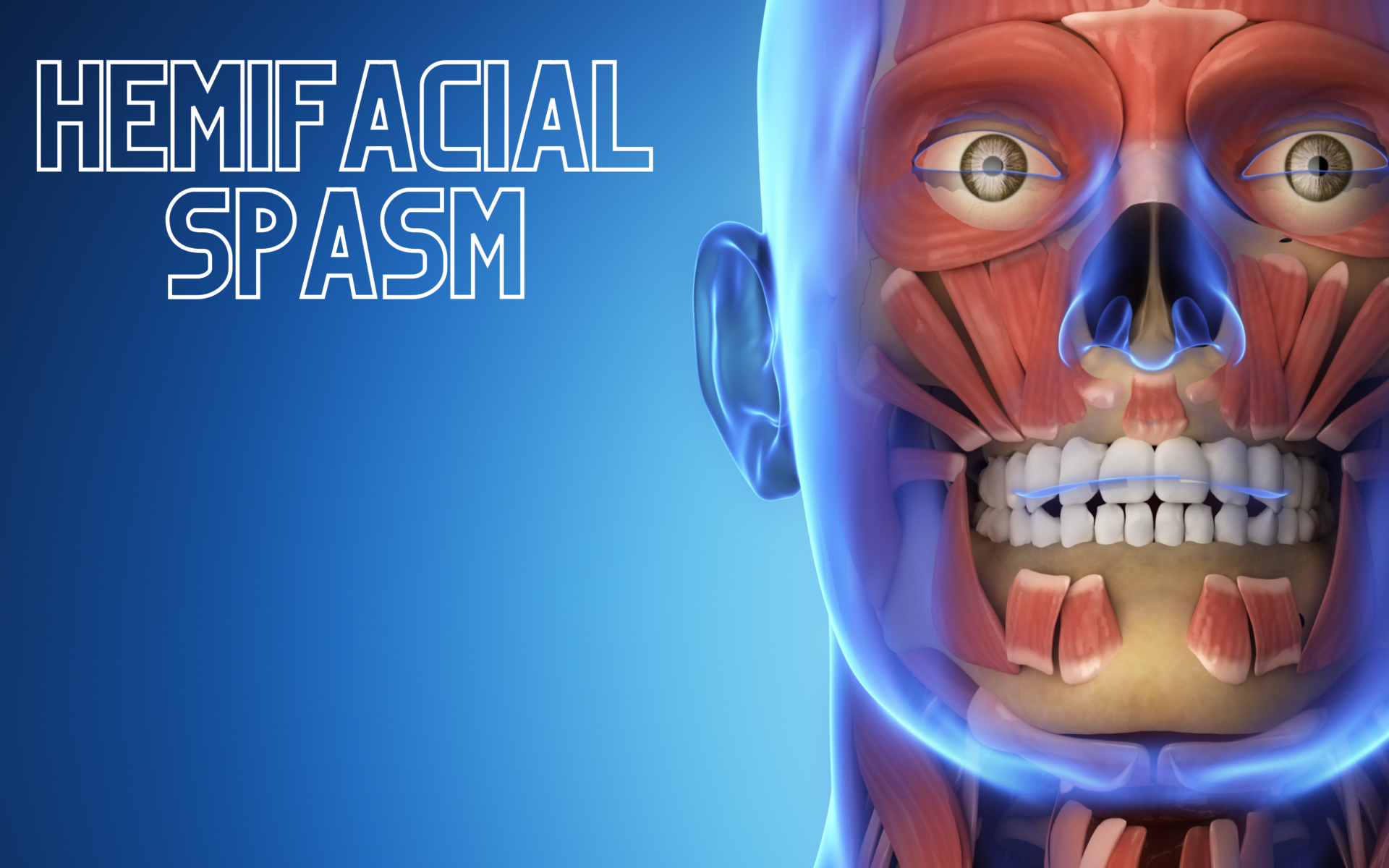
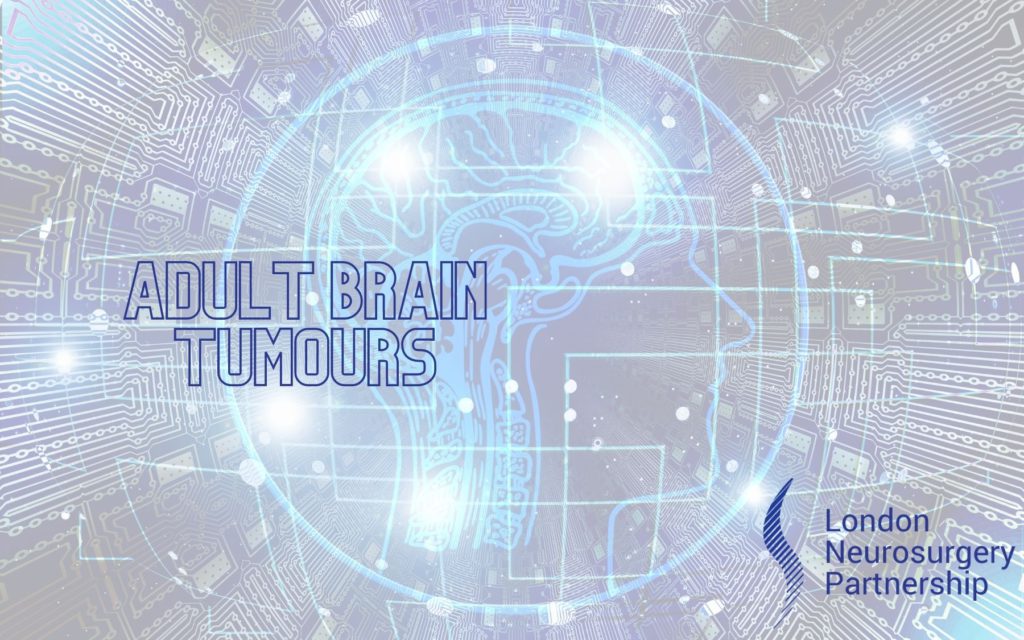
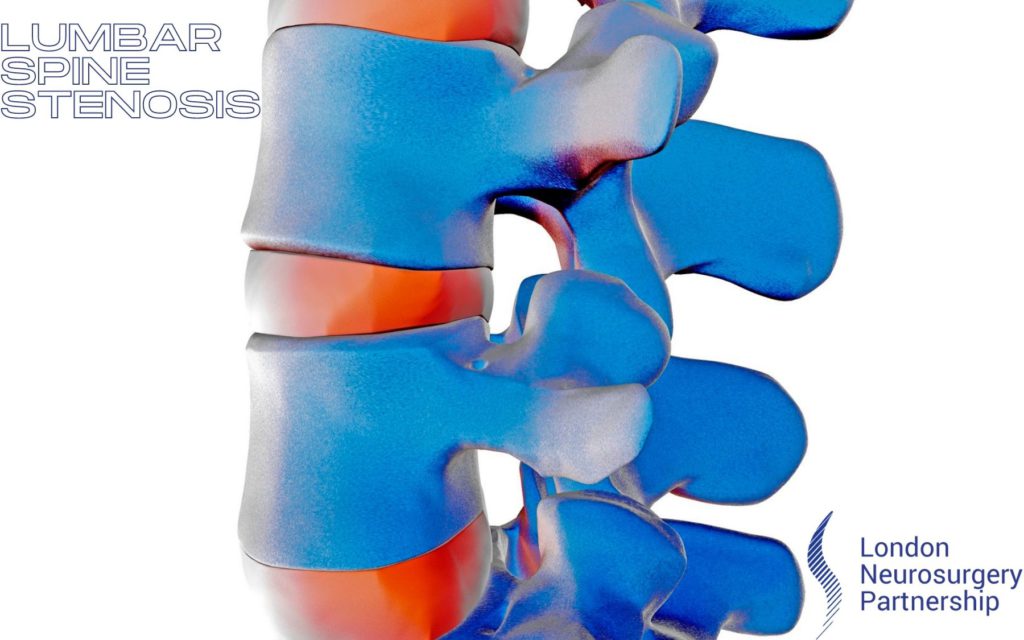
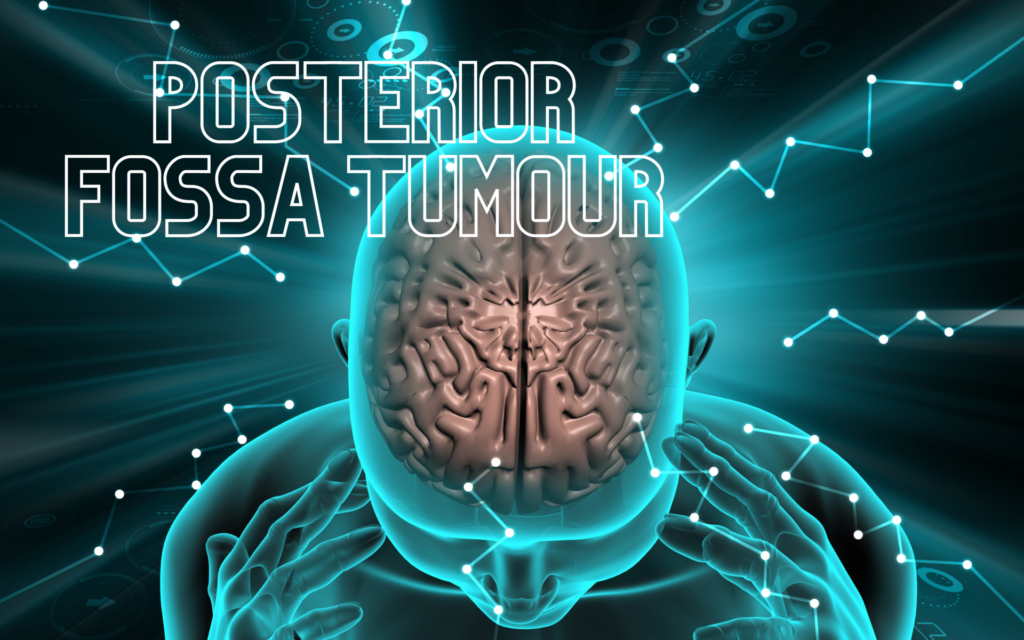
0 Comments